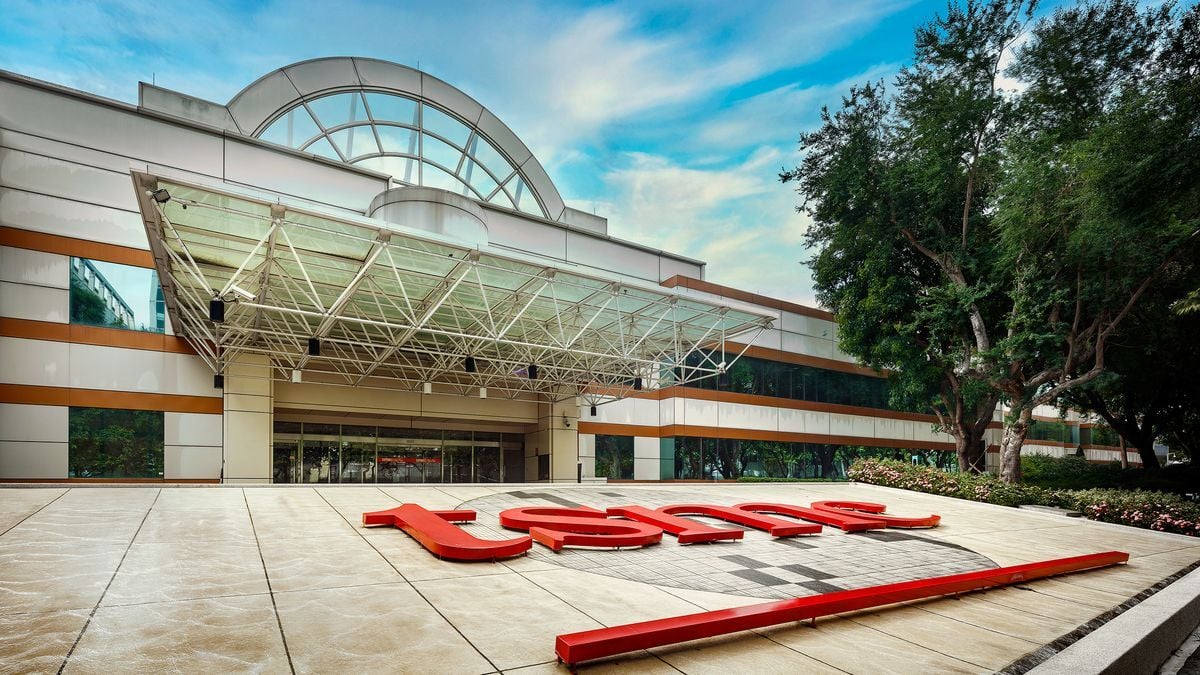- cross-posted to:
- economy
- technology
- cross-posted to:
- economy
- technology
Taiwan Semiconductor Manufacturing Company (TSMC), one of the world’s largest advanced computer chip manufacturers, continues finding its efforts to get its Arizona facility up and running to be more difficult than it anticipated. The chip maker’s 5nm wafer fab was supposed to go online in 2024 but has faced numerous setbacks and now isn’t expected to begin production until 2025. The trouble the semiconductor has been facing boils down to a key difference between Taiwan and the U.S.: workplace culture. A New York Times report highlights the continuing struggle.
One big problem is that TSMC has been trying to do things the Taiwanese way, even in the U.S. In Taiwan, TSMC is known for extremely rigorous working conditions, including 12-hour work days that extend into the weekends and calling employees into work in the middle of the night for emergencies. TSMC managers in Taiwan are also known to use harsh treatment and threaten workers with being fired for relatively minor failures.
TSMC quickly learned that such practices won’t work in the U.S. Recent reports indicated that the company’s labor force in Arizona is leaving the new plant over these perceived abuses, and TSMC is struggling to fill those vacancies. TSMC is already heavily dependent on employees brought over from Taiwan, with almost half of its current 2,200 employees in Phoenix coming over as Taiwanese transplants.



Taiwan is less than 4% Christian. I doubt workers in TSMC are significantly different.
E: 3.9%. source
TSMC specifically hires and promotes devout Christians for leadership positions and they say for all positions that Christian belief is important.
It’s in the attached article.
TSMC chairman Mark Liu says that “Every scientist must beleieve in God” and about TSMC’s work, “God means nature. We are describing the face of nature at TSMC”.
3.9%
https://en.m.wikipedia.org/wiki/Religion_in_Taiwan
Buddhism is at 35.1%, Taoism at 33%, and atheism at 18.7%.
Needless to say, Christianity is not “Taiwanese culture”. They’re about as Christian as Germany is Islamic (3.7%).
This article says nothing other than that a few people in high up positions at TSMC are Christian. It doesn’t say anything about pushing Christianity onto workers.
And yeah of course Christians say Christianity is important and that they see god in nature. They’re Christians.
If you’re going to blindly insist on baseless believies instead of the direct available testimony of the literal TSMC chairpeople, employees and bosses there, that’s your issue.
enjoy your dreams.
The direct testimony of a couple of TSMC chairpeople is “I’m a Christian and I believe in God. I see God in nature, yes.”
Pretty much all Christians see god in nature. They’re Christians.
Zero evidence that they specifically hire Christians. Zero evidence that they push religion onto people.
You’re the one extrapolating that all of TSMC must be fervently Christian (not backed up by the article!), and that Taiwan in general is Christian in culture (definitely not in the article!)
I also highly doubt that the culture issue here is that Taiwan (3.9% Christian) is too culturally Christian for the US (67% Christian).
One of us is dreaming, but it’s not me.
You’re misquoting the article and wildly misinterpreting my comments so that you have a straw man to throw a tantrum about.
Your make-believe is showing
You’re the one playing make-believe mate.
A Christian says they see god in nature and you jump to the conclusion that TSMC is effectively a faith organisation and that there’s a Christian conspiracy to push religion on workers. That TSMC is too Christian for the US of all places.
The cultural issue at play here is not Christianity lmao.
Yeah mate. Taiwanese culture, as well as TSMC’s, being too Christian is definitely the issue here! /sarcasm
Keep making straw man arguments materially irrelevant to my comments and the testimony of tsmc themselves.
It’s easier to make your argument if you just make up your own story, isn’t it?
without all those pesky contextual facts and quotes getting in the way.